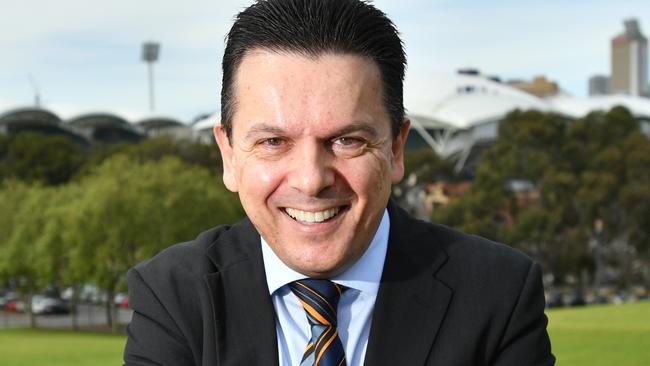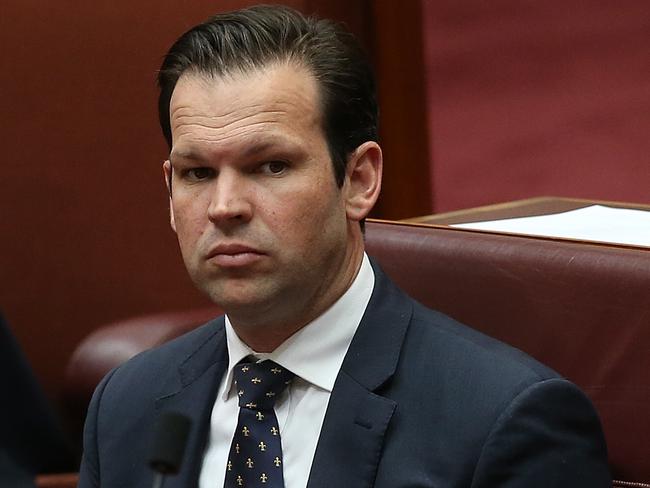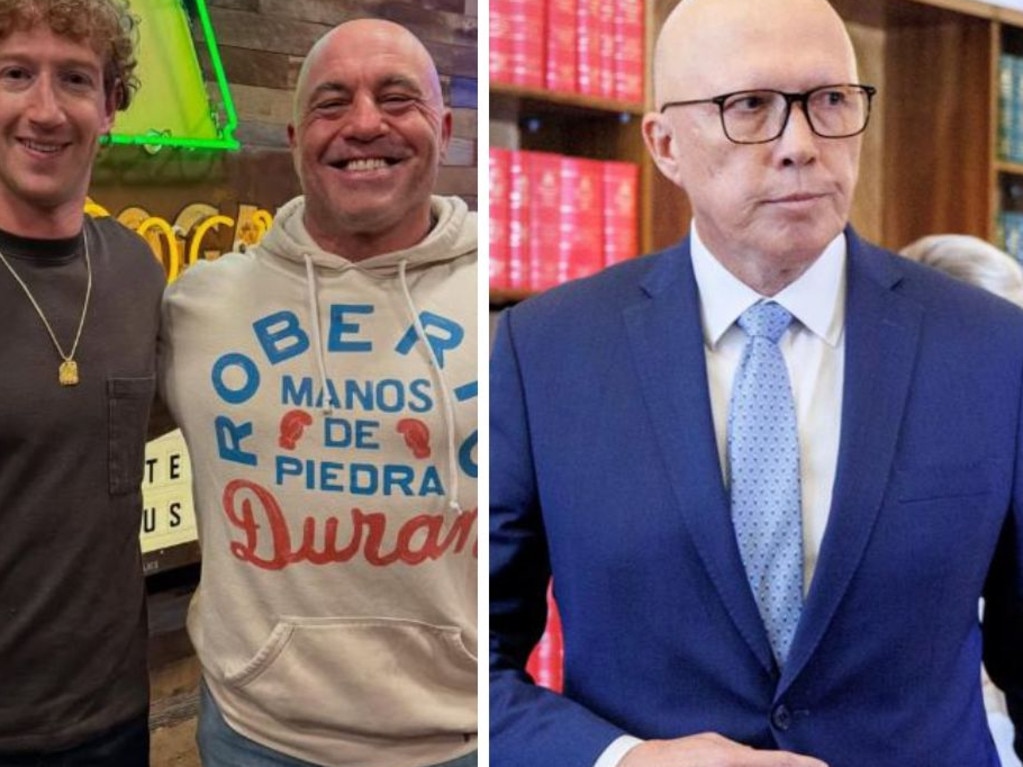Why did High Court rule Nick Xenophon and Matt Canavan were eligible to stay in Parliament?
THE High Court delivered a shock decision that will see five pollies depart but why did Nick Xenophon and Matt Canavan survive?

THE High Court has ruled five politicians ineligible to sit in Parliament including Deputy Prime Minister Barnaby Joyce, but why were two others spared?
Independent Nick Xenophon and former federal Liberal minister Matt Canavan will be able to remain in Parliament, although Senator Xenophon has confirmed he intends to resign in the “next week or so” to contest the South Australian election instead.
Senator Xenophon’s position was placed in doubt after he realised he had British citizenship through his Cypriot father.
Although Cypriots lost their colonial UK citizenship status when Cyprus became independent in 1960, Mr Xenophon’s father was at that time already living in Australia (one of nine countries declared under the then-British Nationality Act) so he and his children retained their British citizenship.
But the High Court found Mr Xenophon was not disqualified from Parliament because this type of citizenship made him a British Overseas Citizen (BOC), which is different to full citizenship. It did not give Mr Xenophon the right to enter or live in Britain and he was not required to swear allegiance to the country.
“Unlike a British citizen, a BOC may only enter the United Kingdom by satisfying the requirements of immigration control,” the High Court judgment noted.
“Critically ... it does not appear that Senator Xenophon’s status as a BOC entailed any reciprocal obligation of allegiance to the United Kingdom per se or to Her Majesty the Queen in right of the United Kingdom.
“For the purposes of s44(i), Senator Xenophon was not a subject or a citizen of the United Kingdom at the date of his nomination and election as a senator. Nor was he entitled to the rights and privileges of a subject or citizen of the United Kingdom.”
.@Nick_Xenophon: The irony of the decision isn't lost on me, I always planned to resign from federal parliament MORE https://t.co/6Iop0LH7gp pic.twitter.com/xtRkHBFzd1
— Sky News Australia (@SkyNewsAust) October 27, 2017
The High Court also accepted arguments from Senator Canavan’s lawyers that he was never an Italian citizen.
Mr Canavan’s mother thought she may have registered him as an Italian citizen because of steps she had taken to become an Italian citizen in 2006.
She also gave Mr Canavan forms to fill out if he wanted to become an Italian citizen at the time but he had never completed these.
Although Mr Canavan was told he was registered as a citizen and his name was on a list of Italians eligible to vote overseas, the court found the senator had not taken actions to activate his potential citizenship.
“Senator Canavan has not applied for a declaration of Italian citizenship,” the High Court said in its judgment.
“On the evidence before the Court, one cannot be satisfied that Senator Canavan was a citizen of Italy.
“Given the potential for Italian citizenship by descent to extend indefinitely — generation after generation — into the public life of an adopted home, one can readily accept that the reasonable view of Italian law is that it requires the taking of the positive steps referred to in the joint report as conditions precedent to citizenship.”
While the court ruled senators Canavan and Xenophon were still eligible to sit in Parliament, five other politicians who were found to be dual citizens of other countries were ruled ineligible regardless of whether they knew of their status.
Deputy Prime Minister Barnaby Joyce, cabinet colleague Fiona Nash, former Greens senators Larissa Waters and Scott Ludlam and One Nation senator Malcolm Roberts were all found to be dual citizens and ineligible to sit in Parliament.





